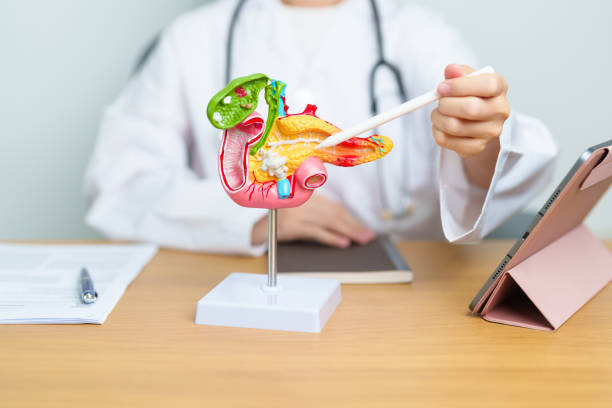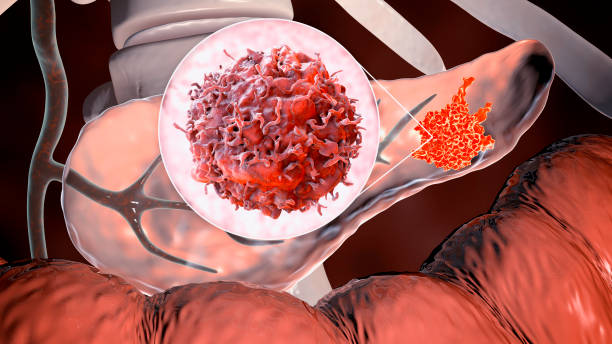Pancreatitis is a painful and serious condition in which the pancreas becomes inflamed. Some medications, like glucagon-like peptide-1 (GLP-1) receptor agonist drugs, have been linked to causing pancreatitis.

Why Might GLP-1 Drugs Cause Pancreatitis?
Dr. Rekha B. Kumar, a professor of medicine at Cornell, explains that GLP-1 drugs stimulate the pancreas to produce more insulin thereby causing it to work harder. If your pancreas is already inflamed (from your current condition), this extra demand might push it over the edge leading to pancreatitis.
There are several theories on why this happens. One suggests that these drugs cause an overgrowth or overactivation of pancreatic cells which causes inflammation. Another theory is that GLP-1 drugs slow down your digestive system so enzymes build up in the pancreas, which could damage it.
Despite these theories, the actual risk of pancreatitis from GLP-1 drugs appears to be low. Endocrinologist Dr. Karl Nadolsky notes that in clinical trials, the incidence of pancreatitis is very low and not statistically significant.
On the other hand, a meta-analysis of over 14,000 participants across 80 trials found no significant increase in pancreatitis risk with GLP-1 drugs compared to placebos or other medications indicated for diabetes. Another large-scale study involving over 56,000 patients also found no significant difference in pancreatitis cases between those taking GLP-1 drugs and those on placebos.
Who are at Risk?
Certain factors might increase the risk of pancreatitis when taking GLP-1 drugs. These include smoking, advanced chronic kidney disease, and having type 2 diabetes. Interestingly, a higher body mass index (BMI) might protect against acute pancreatitis. use, did not seem to increase the risk when starting GLP-1 drugs for weight loss. The symptoms and effects of neurodegenerative diseases often appear later in life. And while there is some debate about the link between GLP-1 drugs and pancreatitis, the overall risk seems low.

Pancreatitis Key Risk Factors Among Patients Taking GLP-1
One study led by Robert Postlethwaite, MD, of the University of Texas Southwestern found that certain factors are linked to a higher risk of developing acute pancreatitis with GLP-1RA therapy:
- History of Type 2 Diabetes Mellitus (T2DM)
- Advanced Chronic Kidney Disease (Stage III or Greater)
- Tobacco Use
Dr. Postlethwaite highlighted, “Known clinical risk factors like alcohol use, previous acute pancreatitis, and gallstone disease were not linked to an increased risk in this study. This information can help clinicians better assess risks when prescribing GLP-1RAs, potentially preventing acute pancreatitis in high-risk patients or catching it early to avoid complications.”
The study, conducted at a weight wellness program between 2015 and 2021 and included 2,245 patients with an average age of 49.5 years and an average BMI of 39.7 kg/m². About 80.5% of the participants were female. Out of the 2,245 patients, 49 (2.2%) developed acute pancreatitis after starting GLP-1RA therapy.
The analysis showed that patients with a history of T2DM had twice the risk of developing pancreatitis. Tobacco users had more than 3x the risk, and those with advanced CKD had over double the risk compared to those without these conditions.
Interestingly, a higher BMI appeared to reduce the risk of developing pancreatitis. Patients with a BMI between 36-40 and those with a BMI over 40 had significantly lower odds of developing pancreatitis compared to those with a BMI of 30 or less.
The results of this study provide valuable guidance for healthcare providers. By recognizing these risk factors, clinicians can better stratify patients and monitor for symptoms, improving patient safety. Dr. Postlethwaite noted, “Clinicians should not withhold GLP-1RAs due to a history of acute pancreatitis, as this was not found to increase the risk of subsequent episodes.”